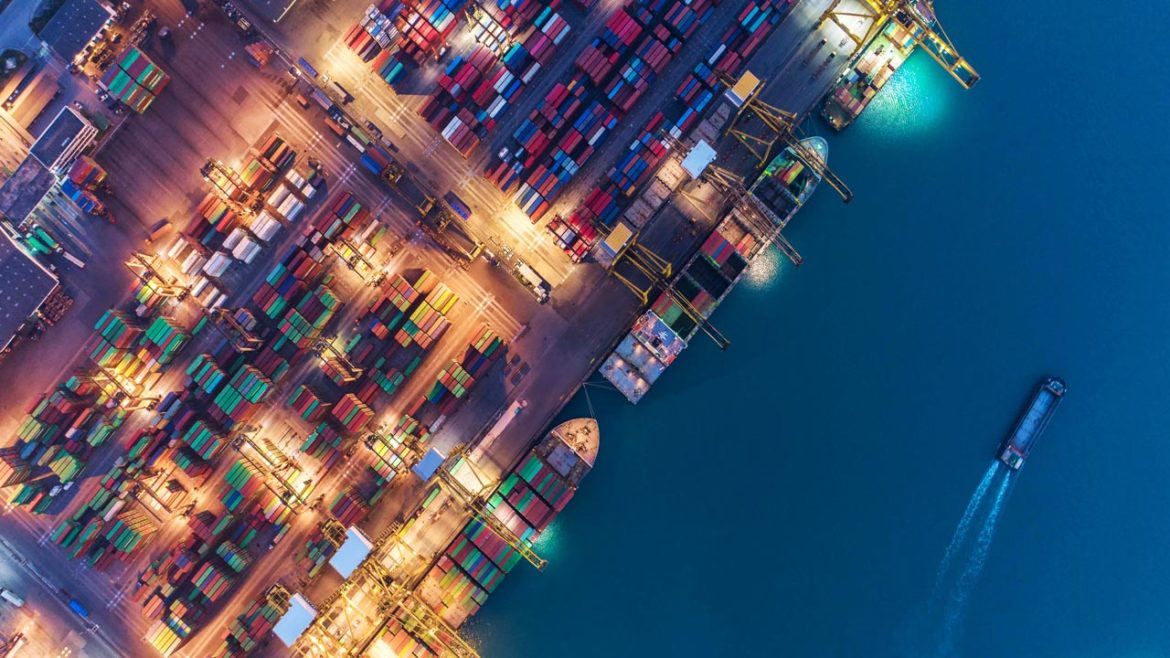Gold has all the potential to go unprecedentedly high. But silver will be gold on
Site:
Precious metals news
As Angela Merkel prepares her exit from the chancellery in Berlin, a false alarm is ringing in Europe about an imminent danger of “stagflation.” This phenomenon, like dragons, belongs to mythology rather than real historical or present circumstances.
 Review: Monetary Policy after the Great Recession: The Role of Interest Rates
Review: Monetary Policy after the Great Recession: The Role of Interest RatesSep 23, 2021 - 09:55:45 PDT
In his second book, Arkadiusz Sieron, Assistant Professor at the University of Wroclaw, embarks on an ambitious task: to investigate the failure of expansionary monetary policy to address the challenges of the 2008–09 Great Recession.
The very size and scope of the United States federal government is likely something that Ludwig von Mises could not have imagined, despite writing the book which foretold the results of such a behemoth, Bureaucracy.
For most commentators lending is associated with money. However, is this the case? When a saver lends money, what he/she in fact lends to a borrower is final consumer goods that he/she did not consume. Therefore, what a lender lends to a borrower is savings and not money as such.
 Household Net Worth Rises Above $141 Trillion, but Debt Up Sharply As Well
Household Net Worth Rises Above $141 Trillion, but Debt Up Sharply As WellSep 23, 2021 - 09:50:31 PDT
Household debt mirrored that of the federal government, which ended the quarter owning $28.5 trillion after a 9.6% increase. That was the largest percentage gain since the second quarter of 2020 as the government launched an aggressive stimulus program to pull the economy out of the pandemic. State and local government debt increased 3.1%...
This analysis focuses on gold and silver physical delivery on the Comex. See the article What is the Comex for more detail.Silver has nearly completed the major delivery month of September. As can be seen below, the amount delivered is below recent months at 5,377 contracts. Currently, there are 294 contracts open, but this will not be enough to even get above the July amount of 6,692.
"Once the ideology of collectivism replaces the political philosophy of individual freedom, free enterprise, impartial rule of law, and constitutionally limited government, the nation faces not only ultimate financial bankruptcy, but cultural and social collapse as well." ~ Richard M. Ebeling
 Why the China Evergrande Crisis Is Scaring Investors Around the World: Bloomberg
Why the China Evergrande Crisis Is Scaring Investors Around the World: BloombergSep 23, 2021 - 07:36:22 PDT
China is a major driver of global growth, so problems there often spell trouble elsewhere. In a worst-case scenario, Evergrande-related stress could spread across the world’s financial system and freeze credit markets around the world. Some are describing it as China’s “Lehman moment.” Others say that this comparison is completely overblown.
 Biden’s Multi-Trillion-Dollar Spending Plans & Tax Hikes Have 3 Devastating Economic Consequences
Biden’s Multi-Trillion-Dollar Spending Plans & Tax Hikes Have 3 Devastating Economic ConsequencesSep 23, 2021 - 07:27:01 PDT
President Biden and his progressives allies are advancing a historic $4.5+ trillion spending plan that would vastly expand the government’s reach into climate change, welfare policy, and just about everything else in between. To “pay for” their spending ambitions, at least in part, they’ve released a multi-trillion-dollar proposal for tax increases. These tax hikes include everything from higher income taxes to increasing the corporate tax rate to upping taxes on nicotine products.
 Banks Oppose Biden's New 'Total Financial Surveillance' Proposal On IRS Reporting
Banks Oppose Biden's New 'Total Financial Surveillance' Proposal On IRS ReportingSep 23, 2021 - 07:21:38 PDT
Opposition is growing to a new proposal aimed at curbing tax evasion that would be part of the $3.5 trillion reconciliation package under consideration by Congress.
 Peter Schiff: Gold Will Explode; The Dollar Will Implode When the Markets Figure This Out
Peter Schiff: Gold Will Explode; The Dollar Will Implode When the Markets Figure This OutSeptember 23, 2021
Peter Schiff says gold will explode and the dollar will implode when the markets figure out the Fed is crying wolf when it comes to monetary tightening.The Federal Reserve wrapped up another meeting without making any changes to its current extraordinary, loose, inflationary monetary policy. But the central bank did hint that it may start tapering its quantitative easing program "soon."
 Jobless Sparks Surge, and Still Over 11 Million Americans on Some Form of Government Dole
Jobless Sparks Surge, and Still Over 11 Million Americans on Some Form of Government DoleSep 23, 2021 - 05:44:04 PDT
After unexpectedly rising in the prior week (perhaps due to Hurricane Ida's impact), analysts expected jobless claims to drop back to post-COVID lows last week - but they were very wrong as 351k Americans filed for first-time jobless claims (way worse than the 320k expected). That is the highest in 7 weeks...
The Fed has said inflation will soon return close to its 2% target, yet it is clear officials are turning less sanguine—and that explains growing eagerness to start raising rates.
The bank on Wednesday lifted the Selic to 6.25% from 5.25%, as forecast by nearly all economists surveyed by Bloomberg. Board members said that an even more restrictive monetary policy is needed to control inflation that’s nearing 10% amid pressures from services and goods, including food and fuels.
Sep 23, 2021 - 05:20:54 PDT
“Central banks must fight against inflation,” Governor Gyorgy Matolcsy told an economic conference Thursday in Budapest. “We’ve started that fight here in Hungary, but this isn’t a Hungary-only phenomenon. The quicker the rebound, the larger the inflation.”
Just a few weeks after warning that interest rates need to rise in the next few years, the Bank of England finds itself facing a delicate balance of risks as the recovery stalls and inflation accelerates.
Sep 23, 2021 - 05:12:51 PDT
The Swiss National Bank bucked the trend at its central bank counterparts in Frankfurt and Washington and kept its foot on the cheap money gas as it cut its forecast for Switzerland’s post-pandemic recovery.
Beijing, reluctant to bail out the country’s most heavily indebted property developer, is asking local officials across the country to prepare for a “possible storm.”
The Swiss National Bank is closely monitoring the situation at China's Evergrande Group, SNB Chairman Thomas Jordan said on Thursday, amid concerns that its debt problems could pose risks to China's financial system.
China’s central bank net-injected the most short-term liquidity in eight months into the financial system, with markets roiled by concerns over China Evergrande Group’s debt crisis.























